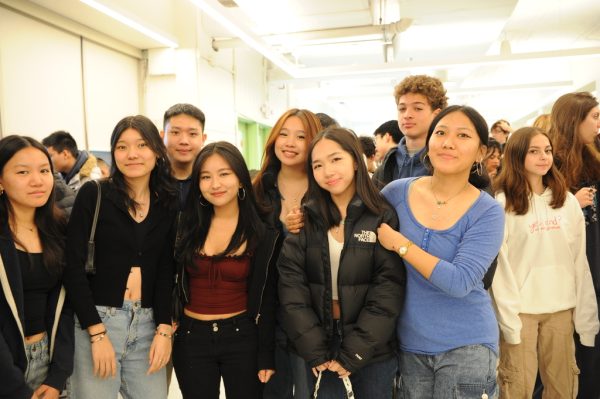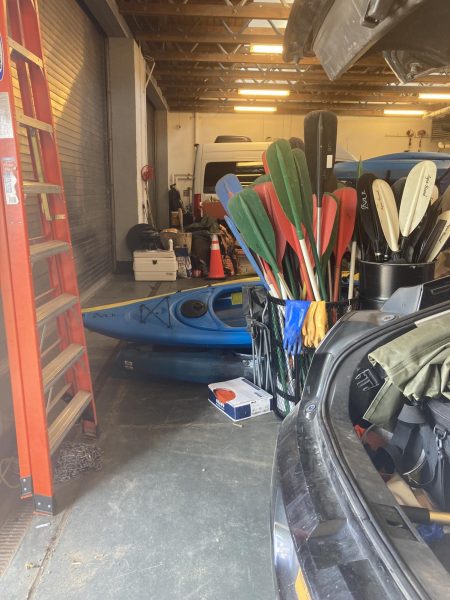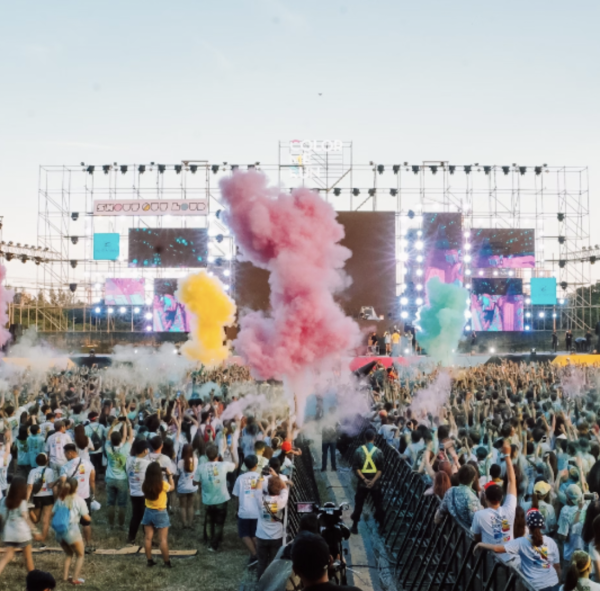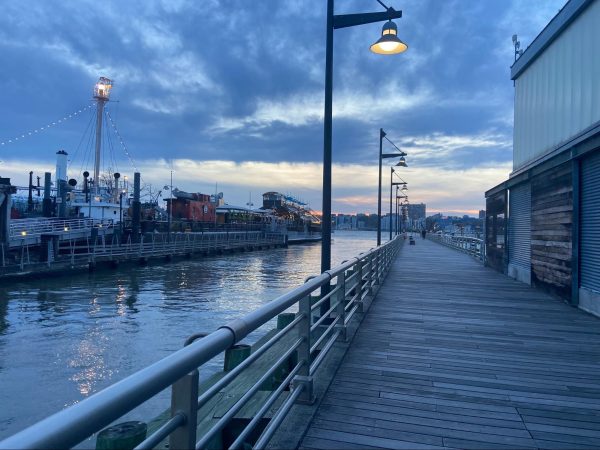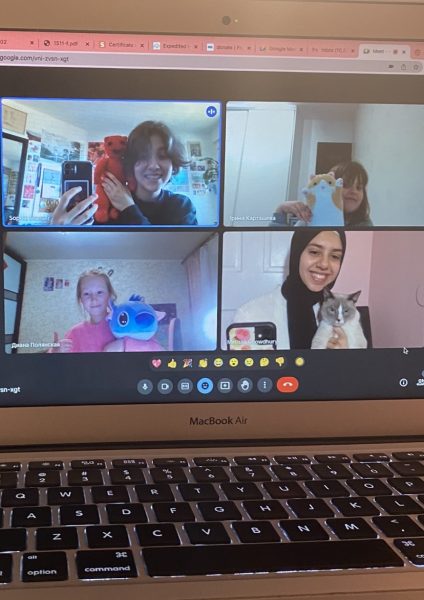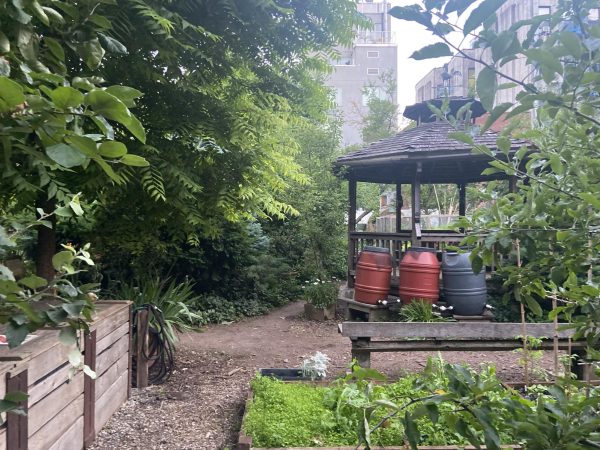What Happened to the Theatrical Performers?
Jesse Swimm responded to his show’s cancellations by saying, “I am grateful that they were not all together cancelled, as I have seen happen with some other friends’ shows.”
With the world in quarantine due to the ongoing Coronavirus pandemic, theaters around the world have been left empty and abandoned. What once held hundreds of performers and audience members now remains devoid of life. The velvet curtains, opera glasses, and live quartets have now been replaced by computer screens, stale chips, and Netflix reruns. With Broadway’s temporary shutdown and the entertainment industry at a standstill, the question we are all wondering is: What happened to the performers?
While bagging roles and performing live was tough during the best of times, the global Coronavirus pandemic has made life in showbiz even more challenging. From studios being forced to shut down due to the financial impact of COVID-19 to the new norms of social distancing, entertainers across the world are both suffering from the hit and also finding new ways to spread and share their creativity.
Jesse Swimm, an actor/singer/dancer who works primarily onstage in various musicals both on Broadway and Regional Theater has personally felt the effects of the closings. Due to his shows being postponed and the cancellations of auditions in real life, Swimm has taken up virtual teaching. “I have been fortunate to teach dance online to different dance studios across the country. Overall it has been a mostly positive experience, and I am thrilled to be seeing those that are still interested in the arts rising to the challenge of taking classes from home,” said Swimm.
As creative professionals seek out new opportunities and sources of income, virtual classes’ popularity have been rising and at-home training has been put to the test. The auditions that would normally bring out nerves within professionals are also being held online, as technology continues to prove its worth and as the industry adapts to new social practices. Tori Feinstein, a 16-year-old actress and singer who has starred in both Broadway and television shows, has continued to pursue her career while doing online high school and staying home. “I usually go to auditions in person and do performances and events like cabarets and other shows. While quarantined, I have been doing self/tape auditions instead of going to auditions in person,” said Feinstein. Performance artists’ creativity is evident not only in their skill, but also in their resourceful and resilient responses to the difficulties spurred by COVID-19.
Like many businesses during this time, it is likely that the entertainment industry will not return to all of its original practices after quarantine ends. There are sure to be many changes that will take place and new protocols that will be implemented. Melanie Long, an opera singer and performer, has also experienced firsthand the devastating effects COVID-19 has had on theater. With her international shows being canceled and the struggle to create the same effect her performances have in person on a screen, Long agrees that changes will be made in the future. “I expect that in the beginning, however that comes, there will be capacity restrictions and perhaps this will affect even how many persons can be on stage or involved in a performance at one time. Certainly, backstage etiquette will never be the same after COVID-19 and rightly so,” said Long.
Aspects of individual shows themselves also may have to be sacrificed and changed due to the stricter hygiene and distance that is likely to remain a social norm after quarantine ends. “On top of that you have the emotional factor, tears, spit, etc. that happen within scenes that may require a lot of emotional investment in terms of conveying a feeling and how you go about staging that so actors are safe and healthy,” said Swimm. Scenes from shows that were written long ago or have been performed hundreds of times may have to be altered to abide by the expected changes in standards.
However, this does not mean that the drama and excitement that theater provokes will lessen by any means. When reopened and restored to their glory, the theaters are sure to be presenting gripping new material to packed audiences once more. Any changes to performances, if done well, can create interesting new twists to classic shows. While cooped up in their homes, performers, choreographers, singers, playwrights, and all those in the entertainment industry are sure to be mastering their craft. Theater will not completely return to its original state, but the changes that will be made will undoubtedly be exciting.
Like many businesses during this time, it is likely that the entertainment industry will not return to all of its original practices after quarantine ends.
Ellora Klein is a Copy Chief for ‘The Science Survey.' She enjoys exploring different perspectives through writing, editing, and reading. Ellora chose...


